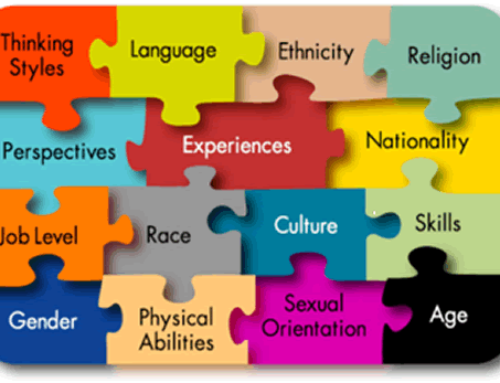Tariffs, trade wars and rising nationalism may command headlines, but they have done nothing to dent global dealmaking. More than $2.5tn in mergers and acquisitions have already been announced this year (2019) and, if the pace continues, 2020 is likely to surpass 2015’s $5tn in M&A deals.
Partly, this reflects the end of a long cycle of easy money in which companies are looking to get that last bit of juice out of their stock prices. Some of the largest deals, such as AT&T-Time Warner, Disney-Fox, or CVS-Aetna, are about traditional companies trying to compete with the big internet groups by building scale. Either way, it is worth remembering that more than half of all mergers destroy shareholder value. Think of the cautionary cases of AOL-Time Warner, Quaker-Snapple or Daimler-Chrysler.
What sets successful mergers apart from the failures? In large part, it is having a good cultural fit. Corporate culture is, of course, predicated on many things: a company’s nation of origin, the type of talent it calls for, the industry it is part of and so on. But all these things can be categorised in a binary way: is the culture “tight” or “loose”?
While all cultures have their norms, tight ones — whether they exist in countries or companies — tend to enforce their norms quite strictly, whereas loose ones are more tolerant — even encouraging — of rule-breaking.
Michele Gelfand, a psychology professor at the University of Maryland, whose research on cultural norms has been used by the US Department of Defense and numerous multinational corporations, suggests that countries as diverse as Japan, Norway, Singapore and India all have tight cultures. By contrast, she classes those of Israel, the Netherlands, Greece and the US as more or less loose.
The results of her study of 33 nations, which were first published in the journal Science in 2011, show that levels of tightness were highest in south and east Asian nations, followed by the Middle East, and Nordic or Germanic countries in Europe. The Latin, English-speaking and former communist nations are the loosest. The latter example may be at least in part a response to a period of strict Soviet rule. Extreme cultures can trigger a counter-reaction, which is perhaps one reason that the rise of a liberal coastal elite in the US has been countered by rightwing populism in the country’s heartland — in turn fuelling even more extreme identity politics on the left.
Understanding these dynamics is crucial to grappling with not only the extreme turn politics has taken in many countries, but also the likelihood of success of the current plethora of M&A.
Globally, cross-border deals have doubled relative to last decade, meaning that cultural conflict could play a more important role in M&A than usual. It is proven that a large tight/loose gap between the corporate cultures of the parties involved resulted in a lower than average stock price, and much lower returns for the investor than in a typical deal. The largest gaps analysed resulted in a loss of$30m within five days of the announcement, which would seem to indicate that markets understand cultural gaps even when buyers themselves do not.
All this suggests that investors should perhaps be happy that Broadcom, the Singaporean chipmaker, was blocked from buying the US tech company Qualcomm by the Trump administration last year. The two companies come from countries that are, unlikely to mesh well. It might also be a relief that cross-border deals, in general, may become tougher in the US, given the political climate. But such challenges are not limited to international deals. Companies within a single country can have wildly different cultures. Consider the recent Amazon-Whole Foods deal, which may give reason for concern. While many internet companies have extremely loose cultures (think Uber or Facebook), Amazon founder Jeff Bezos runs his company with a tight top-down structure.
This is in part because Amazon is driven by the very precise demands of the manufacturing and logistics industries. Performance is constantly surveilled, evaluated and reviewed. That is quite a contrast to Whole Foods, which has a looser culture that can be traced to its hippie roots and high profit margins (companies that are under less competitive threat can afford to be looser).
No wonder there are now stories of grocery clerks crying on the job and store shelves going empty at Whole Foods. This kind of culture clash does not bode well for investors.
Fostering diversity is not easy, but the best companies do it. Chinese internet groups such as Alibaba or Baidu are influenced by the strictures of the state, and yet they find ways to remain creative and nimble. Any number of US and European multinationals are able to foster loose research and development divisions that work alongside tight manufacturing operations. The key, particularly in mergers, is not to be blindsided. Successful corporate marriages result when each partner knows what they bring to the table.
f you would like to find out more about how to navigate through diverse country or company cultures other cultures and to improve the way you get to an agreement abroad, simply schedule a complimentary one-hour consulting session with us!





